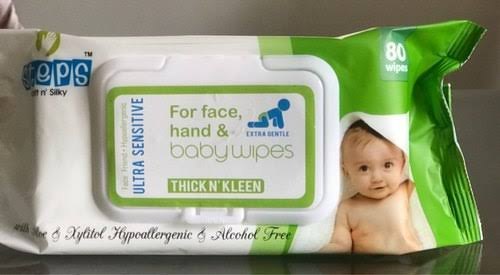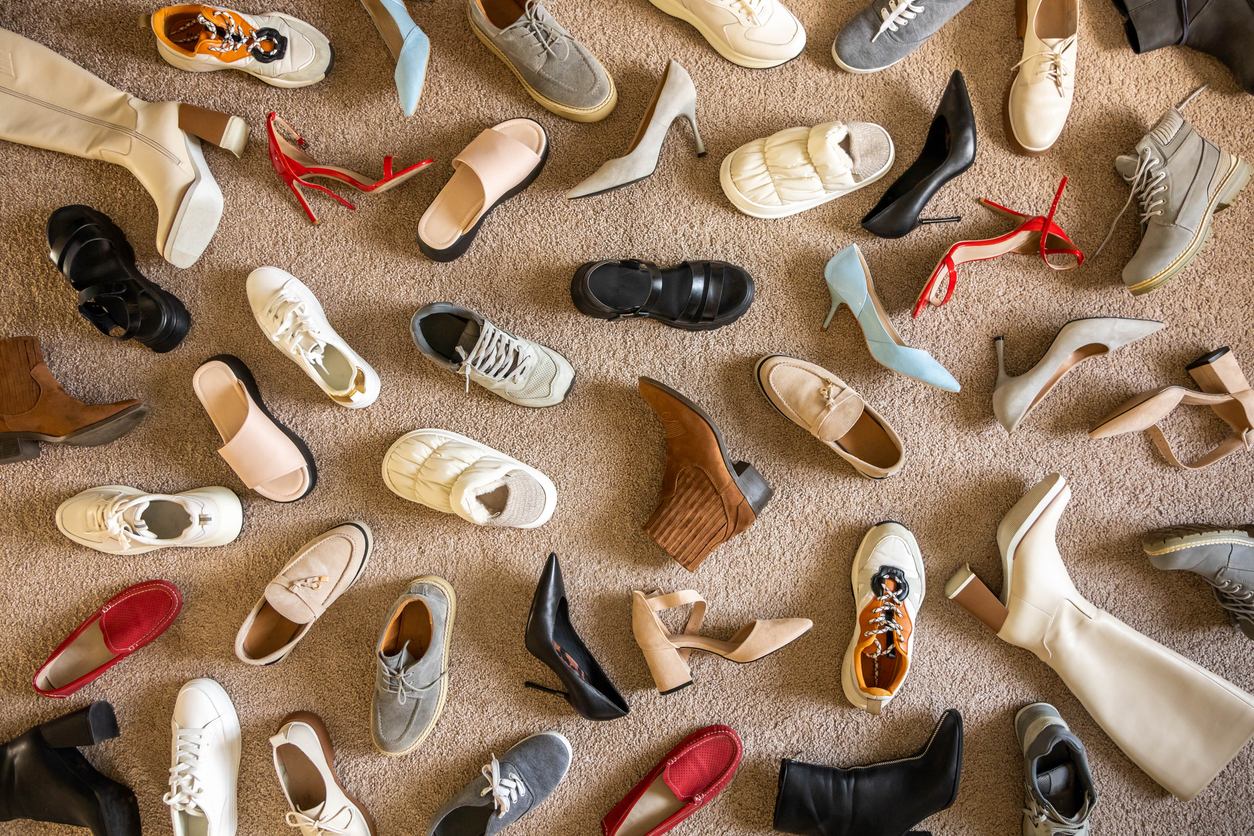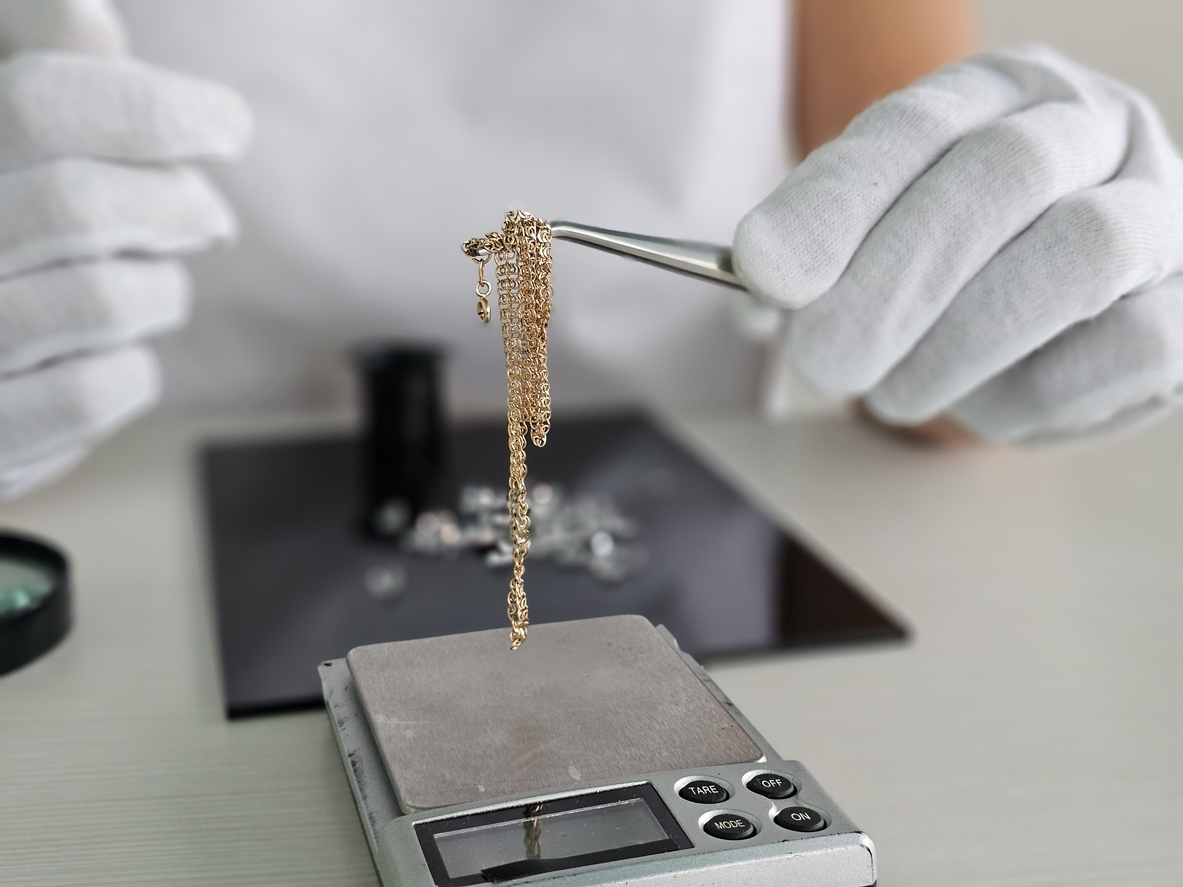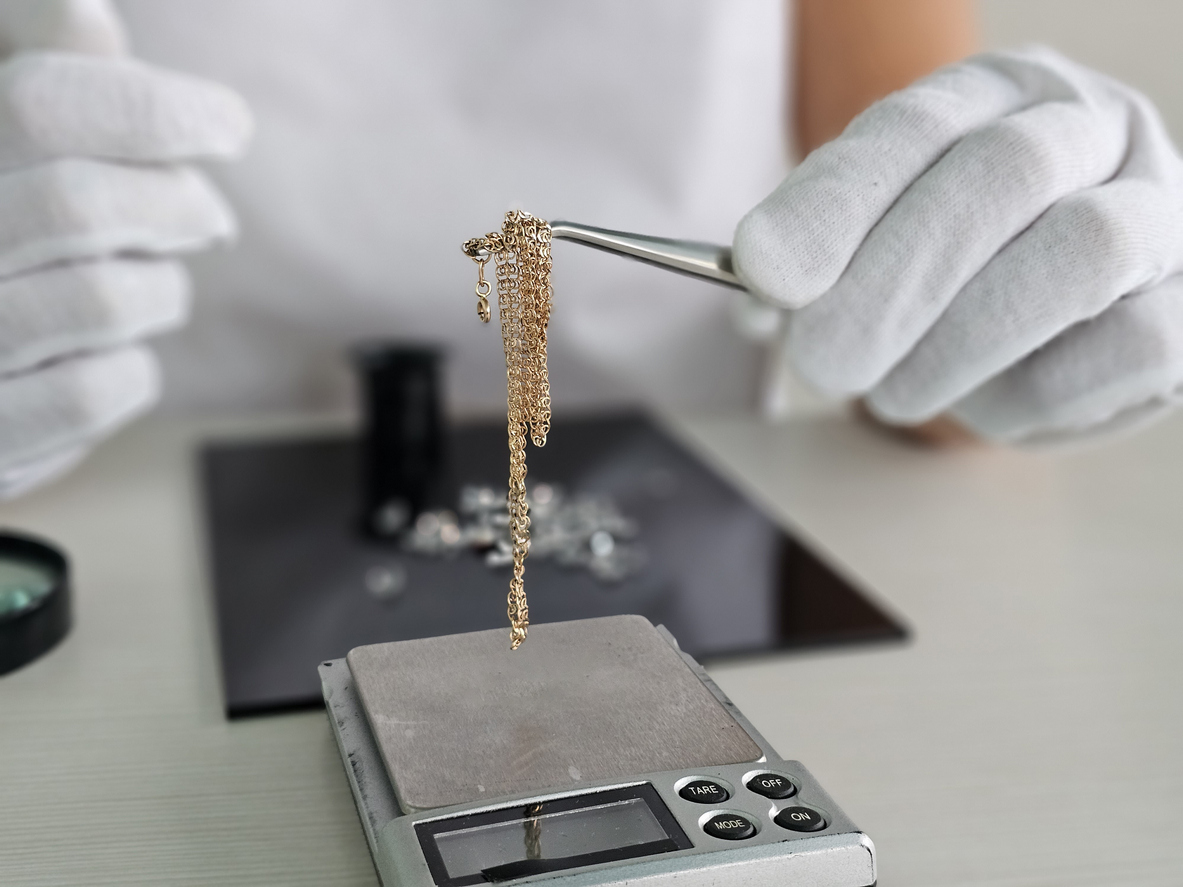Nigeria Wipes Suppliers – An Overview of Important Facts for Your Business
Nigeria Wipes Suppliers – An Overview of Important Facts for Your Business
Nigeria is the largest economy in Africa, thanks to its favorable location and diverse natural resources. The country also has a young population that is eager to enter the workforce and support their families. As a result, many businesses are looking to invest in Nigeria, specifically in industries such as agriculture and oil production. The demand for personal hygiene products is increasing rapidly in Nigeria and other African countries because of the emergence of middle class individuals with disposable income. The aforementioned facts make the market for Nigeria Wipes suppliers very promising, especially if you’re interested in starting your own business. Keep reading to learn more about this new opportunity, including insights from experts who have already gained valuable experience from operating a business in Nigeria.
What Does the Nigeria Wipes Market Look Like?
The total market for hygiene products in Nigeria is expected to reach $5.5 billion by 2022, which is a significant increase compared to the $4 billion market in 2018. The demand for sanitary products, health and personal care products, and wipes is expected to grow at a high rate due to population growth. The market for hygiene products in Nigeria is expected to grow at a CAGR of 9.2% during the forecast period and reach $5.5 billion by 2022.
Why Are Wipes So Popular in Nigeria?
Most people in Nigeria use sanitary pads during their menstrual cycles, but many prefer to use reusable pads or tampons. In rural areas, reusable pads are used instead of sanitary pads due to the expense of the pads. The average cost of one sanitary pad is approximately $0.30, whereas reusable pads are significantly cheaper. Even though reusable pads are cheaper, they rarely have an option to be machine washed. In Nigeria, reusable pads are washed by hand and dried in the sun, which makes them very unclean and unhygienic. This is why many Nigerians prefer disposable sanitary pads, which are convenient and easy to use.
Which Products Should You Export to Nigeria?
There are many products that you can export to Nigeria, including health and beauty care products, paper products, and food and beverages. Although all industries are expected to grow over the next few years, the market for wipes is expected to grow at a high rate. Because the market for sanitary wipes is expected to grow at a high rate, you might want to start exporting sanitary wipes to Nigeria. The market for personal care products, such as toiletries and fragrances, is expected to grow at a high rate during the forecast period. You might want to start exporting hygiene products, such as soaps, shampoos, and conditioners, to Nigeria.
How to Find Success in the Nigerian Market
The first step to finding success in the Nigerian market is to identify the right distributors and retailers. Take a look at the current market and see where your product would fit in. If you’re interested in exporting wipes to Nigeria, you need to find the right distributors in the country. It’s also important to find out what types of wipes they prefer. Do they like scented or unscented wipes? What is their preferred size? If you want to export other types of products, you need to find the right importers in Nigeria. You can use online tools, such as Alibaba, to find potential distributors and importers in your country.
Conclusion
Nigeria is a promising market for wiping products because of a growing middle class and increasing demand for sanitary wipes. The total market for hygiene products in Nigeria is expected to grow at a high rate during the forecast period. If you’re interested in exporting wipes to Nigeria, you need to identify the right distributors and importers. It’s also important to understand what customers prefer and what they expect from your products. It’s never too late to start a business in a promising market, so why not give it a try?








LEAVE A COMMENT
You must be logged in to post a comment.